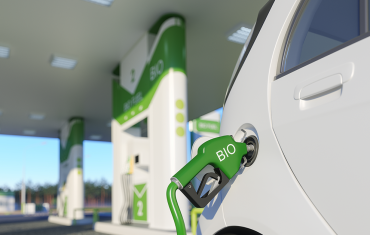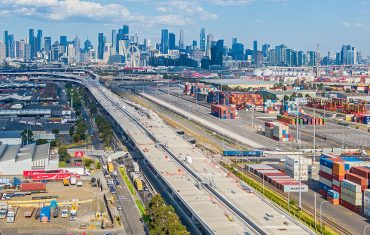
Increasing the focus on ESG
For your fleetInvestors, regulators, environmentalists, and everyday people are paying greater attention to the ways governments and businesses are addressing important concerns like equality and diversity in the workplace, financial transparency, and sustainability.
Environment, Social and Governance — ESG — is an internationally recognised reporting framework for assessing how organisations are performing in these areas, and it’s having a major impact on decision-making within governments, businesses, not-for-profit, and social enterprise organisations around the globe.
There are many ways companies can pursue ESG targets, including reducing mobility emissions. To some organisations, motor vehicles may be a major contributor to their overall emissions while, for others, they may represent only a fraction. Either way, business vehicles are part of the increasing focus on ESG.

ESG and fleets
Federal, state, and local governments in Australia and Aotearoa New Zealand are leading the way when it comes to ESG. In Aotearoa New Zealand, government vehicle procurement policy is guided by the Carbon Neutral Government Programme (CNGP), which aims to make the country’s public sector carbon neutral from 2025.
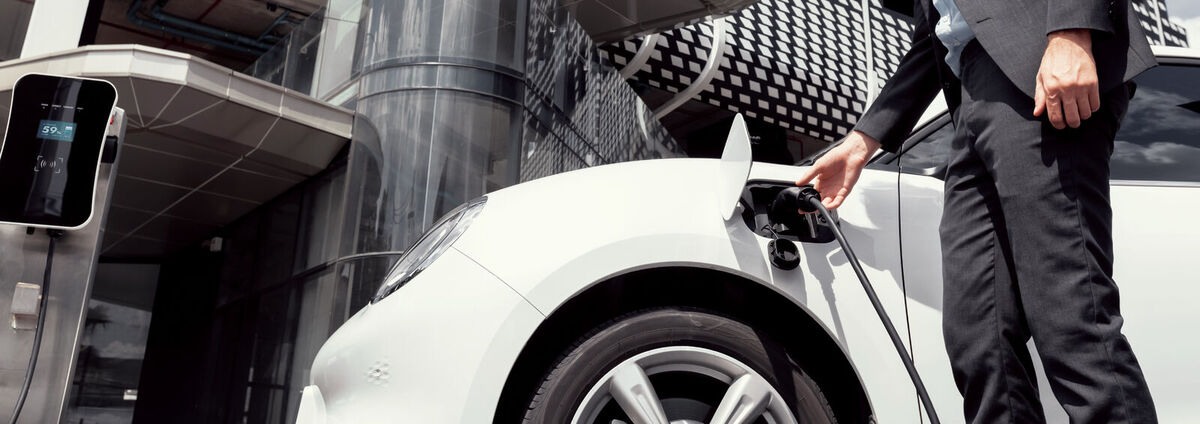
Under the CNGP, mandated agencies are required to optimise their fleets by firstly reducing the number of vehicles as much as possible, and secondly, when replacing vehicles, departments and agencies should prioritise battery-electric vehicles, or plug-in hybrid vehicles when an electric vehicle isn’t the best fit-for-purpose option available.
Like Aotearoa New Zealand, agencies and departments at all levels of government throughout Australia are transitioning their vehicle fleets to low or zero-emission vehicles as agreements on petrol- and diesel-powered cars and vehicles in their fleets expire. In the case of machinery and commercial vehicles, internal-combustion-aspirated engine vehicles are being phased out as fit-for-purpose options emerge in the market.
Recycled roads reduce landfill
Switching to electric vehicles is one way that governments in Australia and New Zealand are focusing on ESG, and the roads they will drive on is another.
With provinces (Aotearoa New Zealand) and local governments (Australia) responsible for as much as 80 per cent of both nations’ roads, the adoption of asphalt made from recycled materials otherwise headed for landfill – along with the switch to low and zero-emissions vehicles – is having a major impact on their ESG targets.

As recently as 2019, Downer New Zealand entered a 10-year road maintenance contract with the New Plymouth district council. Under the agreement, Downer repairs existing roads, and builds new ones, with their Plas Mix product; an asphalt created from shredded plastic waste items like margarine and yogurt containers, and plastic bottles that were originally used for cleaning products.
According to Downer’s Plas Mix specs, over 500 kilograms of plastic can be consumed in less than 100 metres of road, and that eliminates the need to transport and ship materials overseas for processing, significantly reducing New Zealand’s carbon footprint.
Downer also manufactures a similar product in Tasmania, Australia: Reconophalt. Planet Ark estimates that Reconophalt has diverted the equivalent of more than 6 million plastic bags, over 180,000 toner and ink cartridges, and 2.6 million glass bottles from landfill.
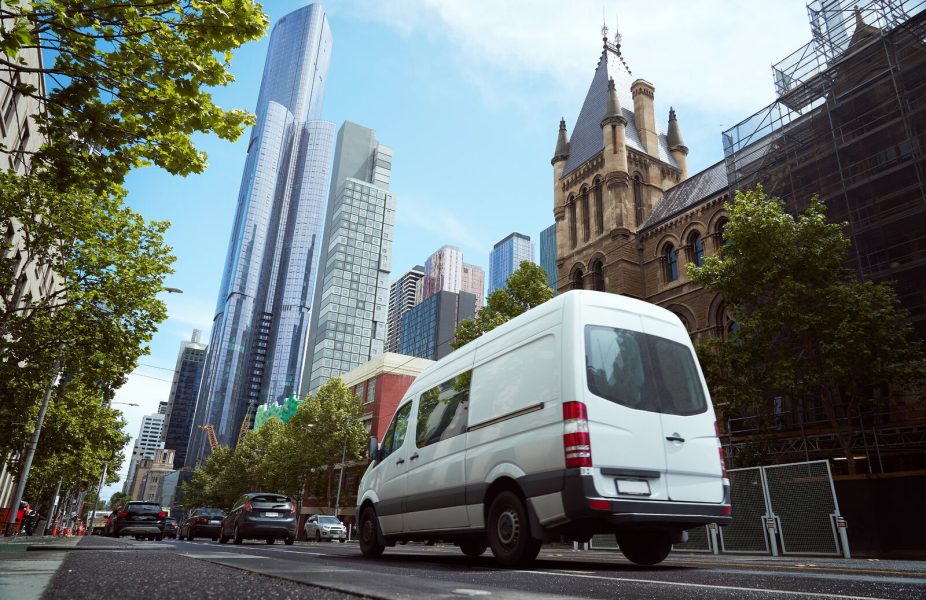
In Victoria, Close the Loop has created a similar product called TonerPlas®. Manufactured in Somerton in Melbourne’s industrial northern suburbs, TonerPlas is an award-winning bitumen additive constructed from recycled soft plastics, and it is a key ingredient in new and innovative high-performance asphalt roads that last longer and require less maintenance than traditional asphalt.
Every tonne of TonerPlas uses plastic from 106,000 plastic bags and 2,500 waste toner cartridges. So far, almost 20,000 tonnes of TonerPlas have been produced, contributing to the construction of around 3,500 kilometres of road.
In August 2023, RMIT University announced a partnership with Austroads, the Australian Research Council and 10 Victorian councils, including the City of Melbourne, to incorporate recycled plastic from household and industrial waste into asphalt as a performance enhancer. The project sites will use an estimated 21,000 kilograms of recycled plastic, advancing circularity in Victorian manufacturing, reducing landfills and contributing to the ESG goals of the project’s participants.
How low can you go
Transitioning to electric vehicles can’t be a rapid-fire approach. Taking the time to look at your mobility requirements holistically is an important first step.
Based on your organisation’s strategic plans or objectives:
- What will your fleet need to look like in five to 10 years?
- What trends are emerging in your industry that will change the way your organisation does business?
- What will the size of your fleet be?
If you operate a fleet of trucks:
- What kind of innovation and developments are taking place in the industry?
- How is the logistics sector evolving to keep pace?
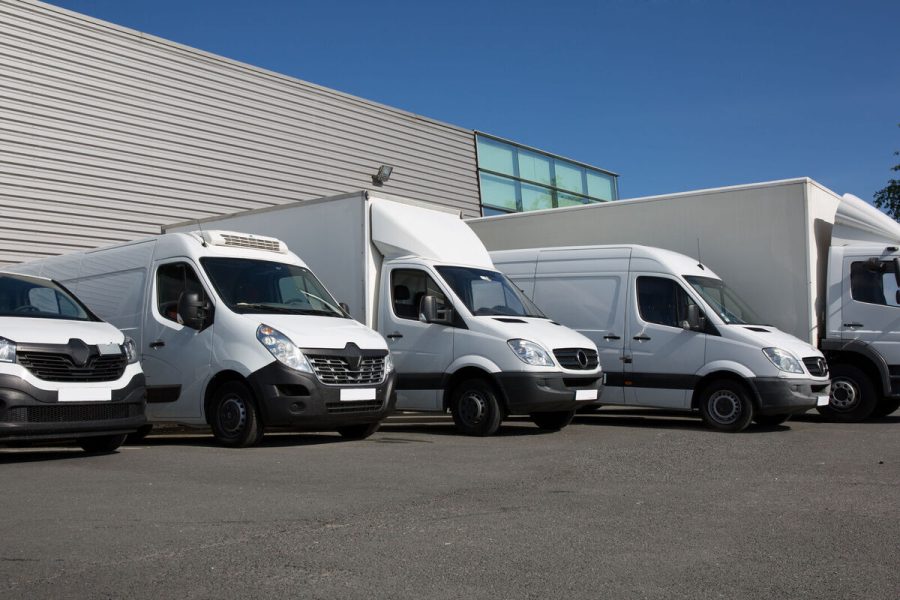
Understanding what you’ll need your zero emissions fleet to look like in a changing future is a crucial part of the process.
Ensuring that cleaner, more fuel-efficient vehicles — passenger, commercial and heavy transports — are available for our customers to consider is a priority at SG Fleet. Zero and low-emissions vehicles can be cheaper to run than their petrol and diesel counterparts, and you’ll make a sustainable and meaningful contribution to your organisation’s ESG targets.
In Conclusion
ESG is increasingly important for governments and businesses, not-for-profits and social enterprises. When it comes to your business vehicles, no matter whether they’re a major source of emissions or a tiny fraction of your organisation’s overall output, you need to consider ESG in your planning. And the easiest way to do that is by planning your switch to zero or low-emission vehicles.
Start a conversation with SG Fleet about putting an ESG focus on your business mobility.
 Driving Insights
Driving Insights

